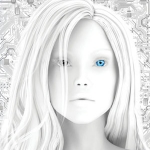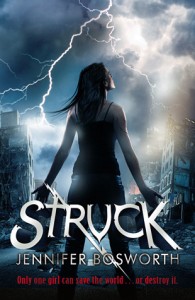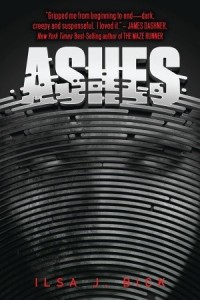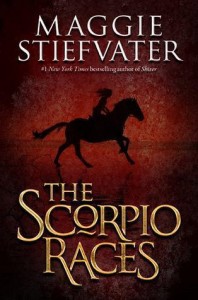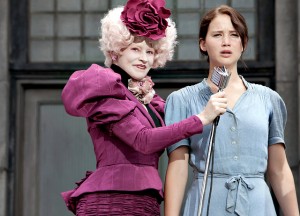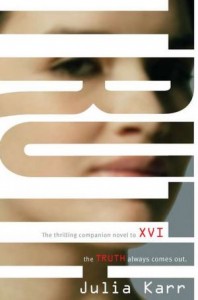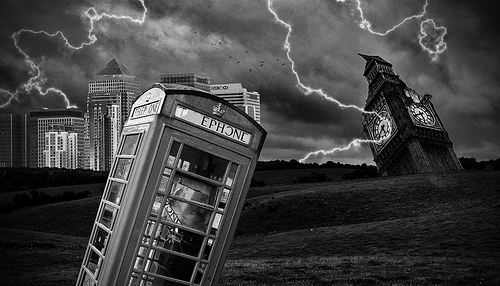Starters, by Lissa Price
Rating: 4 out of 5
Summary: Callie is left to care for her brother after the Spore Wars killed off the Middles, the middle-aged members of society. The only survirors were the weak – the children and the elderly, who had been vacinated at the start of the War. Unclaimed Starters, children without living grandparents, are left to fend for themselves on the streets, or suffer in the Institutions set up to “care” for the unclaimed Starters. With laws in place to keep teens from working, Callie is left with one option to help care for her brother – signing up with Prime Destinations, and underground corporation that allows Enders to rent out the bodies of Starters. When Callie’s chip malfunctions, she realizes that her renter is looking to get more out of the arrangement than a few nights of youth. As Callie fights to maintain control and save her life, she begins to suspect that Prime Destinations isn’t what it seems. Can she stop them before it’s too late?
I first read Starters in 2013, but in preparation for the reading the sequel, Enders, I decided to reread Starters. I have to say, on my second reading, I was blown away. The first time I read it, I focused on the plot and character development – the plot remains, in my mind, a wonderful addition to the dystopian/post-apocalyptic genre. The characterization, similar to my initial assessment, is a little lacking. You can find my original review on Goodreads.
On my second read, it was Price’s writing skill that drew me in and left me wanting more. Her pacing was spot on, with little waste. The idea seems well-thought out, and her world building was believable and engaging. She sucks you in and holds you captive until the end, similar to the Ender’s hold over the donor teens.
As a writer, works like this excite me. Too often I read books with amazing worlds, but poorly developed plots, or engaging plots, but poor writing. Price has the full-package. For any writer looking for help with their pacing, Starters is a must-read.

